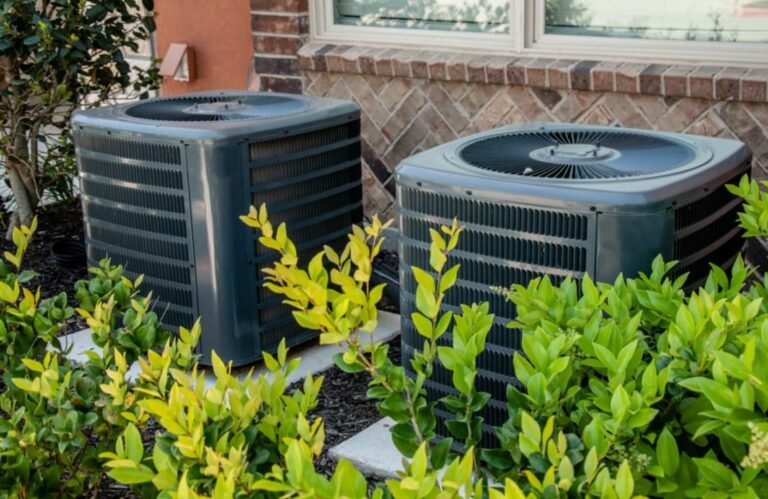
As the summer sun blazes down, many of us retreat to the refuge our air conditioning units provide. However, when an air conditioner isn’t cooling as it should, it can be more than just an inconvenience; it can signal underlying refrigerant issues.
Refrigerant, the lifeblood of any air conditioning system, is vital for efficient cooling. Knowing the warning signs of refrigerant problems can save you from sweltering heat, prevent costly repairs, and extend the life of your AC system.
Keep cool and carry on by spotting these telltale signs of refrigerant issues. For expert air conditioning repair in Longmont, make sure you’re in the know!
Unusual hissing noises
When your air conditioning system emits hissing sounds, it often indicates that the refrigerant lines have small leaks. Refrigerant leaks lead to decreased efficiency and increased energy consumption and can also cause serious damage to the compressor, as it relies on the refrigerant’s lubrication for smooth operation.
As the refrigerant escapes through these leaks, it can produce a distinctive hissing or bubbling noise. If you notice such unusual sounds, contacting an HVAC professional to inspect your system and carry out the necessary repairs is crucial, ensuring your AC unit continues to function optimally and safely.
Ice build-up on coils
Encountering ice on your air conditioner’s evaporator coils is a red flag that should not be ignored. This frosty accumulation occurs when insufficient refrigerant absorbs the heat within the air handler, causing the condensation on the coils to freeze.
As the ice builds up, it acts as an insulator, preventing the refrigerant from absorbing heat and thereby diminishing the unit’s cooling capacity. Indications of this issue include:
- Visible ice on the coils.
- Water leakage around the AC unit from melting ice.
- A significant drop in cooling performance.
If the coils are frozen, turn off your air conditioning system immediately to prevent further damage, and contact a professional to address the refrigerant issue.
Rising electricity bills
An unexpected spike in your electricity bills can be a subtle yet telling sign of refrigerant issues in your air conditioner. With insufficient refrigerant, your AC system has to work overtime in an attempt to reach the set temperature, resulting in excessive energy consumption.
This inefficiency arises because the refrigerant charge no longer meets the manufacturer’s specifications, forcing the system to run longer cycles to achieve the same level of cooling. Notably, the air conditioner is constantly running but with little to no effect on the indoor temperature.
If your electricity usage hasn’t dramatically changed in other aspects but your bills are climbing, consider checking your AC unit for possible refrigerant leaks or undercharging.
Longer cooling cycles
Prolonged cooling cycles may indicate a low refrigerant level in your air conditioning unit. When there isn’t enough refrigerant to transfer heat from the interior of your home to the outside, the AC has to operate for extended periods to lower the room temperature. This results in unusually long cycles, which wear down the AC components and can lead to accelerated wear and tear.
Indications include the air conditioner not turning off at regular intervals as it used to, and despite lengthy run times, rooms still not reaching the desired coolness. This inefficiency affects comfort levels and leads to energy wastage, making it an environmentally unfriendly and costly problem.
Notice your AC struggling to cool your home and running continuously for long periods. It may be a symptom of refrigerant issues, and a professional inspection would be advisable to confirm and rectify this issue.